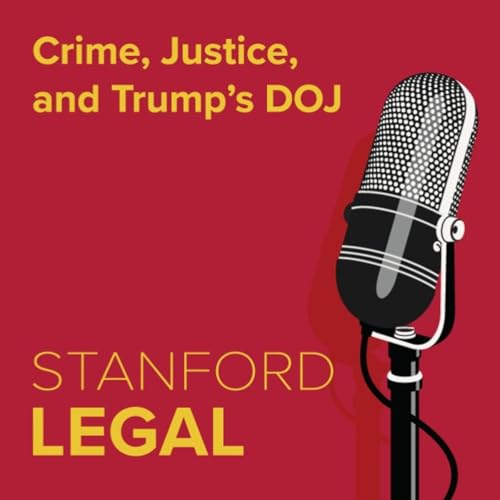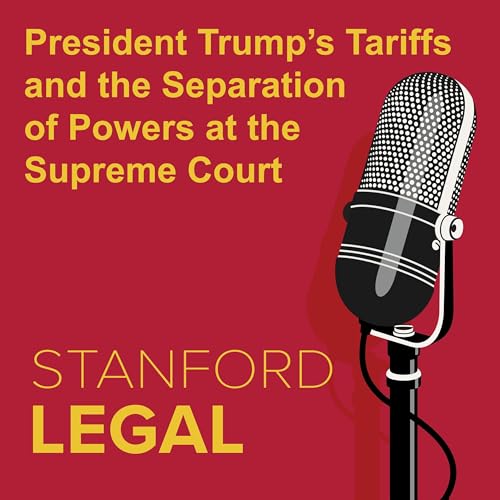What are the legal implications of the unprecedented mass pardoning of the January 6th rioters? What does it say about American rule of law?
President Biden’s DOJ prosecuted nearly 1,600 of the January 6, 2021, rioters—many for acts of shocking violence against police and government offices. On January 20, newly sworn-in President Trump, in one of his first official acts, issued a sweeping grant of clemency to all of the rioters charged in connection with the attack on the Capitol attack. He pardoned most defendants and commuted the sentences of 14 members of the Proud Boys and Oath Keepers militia, most of whom had been convicted of seditious conspiracy. The response from some of these violent rioters since the pardons has been alarming.
“The people who did this, they need to feel the heat. We need to find and put them behind bars for what they did,” said Enrique Tarrio, the former national Proud Boys leader, sentenced to a 22-year sentence on seditious conspiracy charges, on Alex Jones' podcast soon after his pardon.
Our guests today are Stanford Law Professor Shirin Sinnar and former DOJ prosecutor Brendan Ballou.
Sinnar’s scholarship, including a recent study of hate groups, focuses on the legal treatment of political violence, the procedural dimensions of civil rights litigation, and the role of institutions in protecting individual rights and democratic values in the national security context
Ballou was a lawyer at the Department of Justice for five years. He resigned on January 23 soon after President Trump's pardons. In a New York Times opinion essay, he wrote: “For while some convicted rioters seem genuinely remorseful, and others appear simply ready to put politics behind them, many others are emboldened by the termination of what they see as unjust prosecutions. Freed by the president, they have never been more dangerous.” He graduated from Stanford Law in 2016.
Links:
- Shirin Sinnar >>> Stanford Law page
- New York Times piece by Brendan Ballou >>> I Prosecuted the Capitol Rioters. They Have Never Been More Dangerous.
Connect:
- Episode Transcripts >>> Stanford Legal Podcast Website
- Stanford Legal Podcast >>> LinkedIn Page
- Rich Ford >>> Twitter/X
- Pam Karlan >>> Stanford Law School Page
- Stanford Law School >>> Twitter/X
- Stanford Lawyer Magazine >>> Twitter/X
(00:00:00) The January 6th Prosecutions and the Pardon Power(00:06:26) Rewriting History and the Threat of Political Violence (00:11:56) The Future of Political Violence in the U.S. (17:24) Addressing Militia Violence and Legal Gaps
(21:37) State-Level Prosecutions and Risks of Expanding Criminal Laws
(25:27) Pardons, Political Violence, and Historical Parallels
Hosted by Simplecast, an AdsWizz company. See pcm.adswizz.com for information about our collection and use of personal data for advertising.
 2025/12/2931 分
2025/12/2931 分 2025/12/2229 分
2025/12/2229 分 2025/12/1144 分
2025/12/1144 分 2025/11/1434 分
2025/11/1434 分 32 分
32 分 2025/10/3031 分
2025/10/3031 分 30 分
30 分 36 分
36 分
